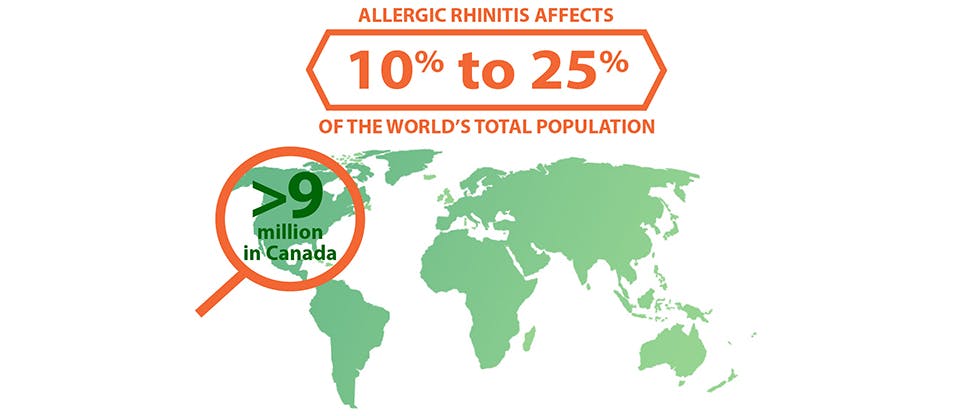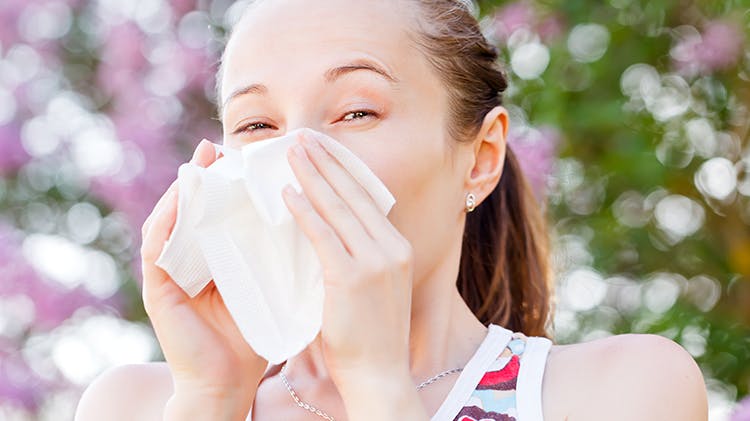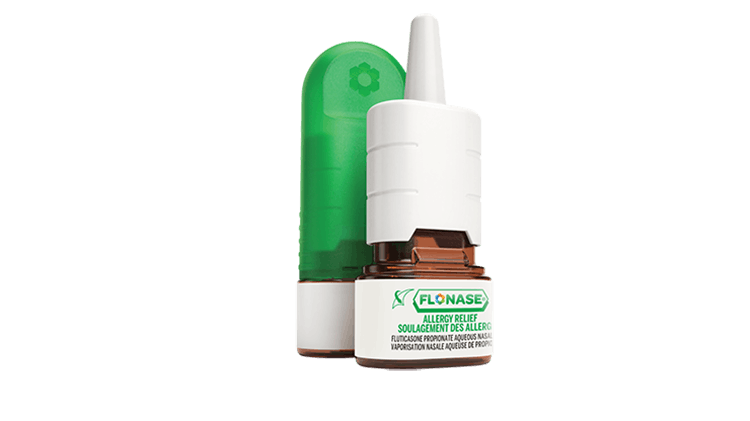Impact of Allergic Rhinitis on Patient Quality of Life

Impact on Patient Quality of Life

Prevalence of allergic rhinitis (AR)
AR affects more than 400 million people globally, and the number is growing.1 In Canada, AR affects up to 9.4 million people annually.2,3 In the US, it is the 6th most prevalent chronic condition.4
Detailed prevalence estimates in Canada are limited but suggest between 20-25% in adults.3,5 AR is the most common chronic condition in children.4 In developed countries, there has been a substantial increase in the prevalence of AR.4,6-8
All of this can have a deep impact on the emotional and psychological well-being of your patients, who may be looking for a solution that restores their ability to live their lives uninterrupted by AR symptoms. AR may limit the ability of your patients to participate in social and outdoor activities, work productivity, and sleep.9,10
AR prevalence
Recent studies demonstrate that the prevalence of AR is actually increasing.10 Across the United States and Europe, in many populations, the frequency of sensitization to inhalant allergens is increasing and is now more than 40%.11
Regional variability with allergies
Aeroallergens occur naturally in the environment and are widely dispersed across Canada. Currently, more than 150 pollen allergens are curated by the International Union of Immunological Societies. From this entire list, 12 of them are of particular interest in Europe, with ragweed being the most common. In Canada, trees, grasses and ragweed are the most common outdoor pollen-induced allergens. Interestingly, birch and grasses are more abundant than ragweed, which is mostly found in Ontario and Quebec.3
Unfortunately, the end of spring doesn’t bring the end of allergies12:
- Patients can feel the impact of allergies throughout fall. Mold and ragweed pollen can make symptoms worse in the fall and pollen can remain in the air until winter has fully settled in.
- Lingering warm weather can create humidity, which in turn increases mold spores.
- When patients clear piles of leaves from their yard, it can agitate and stir up and resuspend all of these allergens once again.
Quality of life impact
Many patients will “suffer in silence” without talking about their symptoms. They may be subconsciously, or at times intentionally, diminishing their allergy symptoms and the impact they have on their quality of life for a variety of reasons13:
- Some believe allergies are not that serious or are not a “real disease,” but more of a nuisance13,14
- They may not know that while allergies may seem benign, they can still significantly impact their quality of life15
- They may be unaware that untreated allergies can increase the risk for more serious diseases, such as anaphylaxis, asthma, sinusitis, altered mood, and cognitive impairment14,15
Patients may not recognize some symptoms as being related to allergies. In addition to the typical symptoms, these symptoms may also be due to allergies14,15:
- Chronic fatigue
- Sinus infection
- Depression
- Sleeping problems
- Difficulty concentrating
- Lack of exercise endurance
Additionally, these conditions may be exacerbated by allergies14-16:
- Asthma
- Upper respiratory infection
- Bronchitis
Patients with AR may not live their life to the fullest17
3 out of 5 Canadians with allergic rhinitis (AR) have poor control of their symptoms with current treatments.5
Read more about allergic rhinitis






FLONASE® Allergy Relief
Discover how FLONASE® Allergy Relief can help reduce symptoms in your patients diagnosed with allergic rhinitis